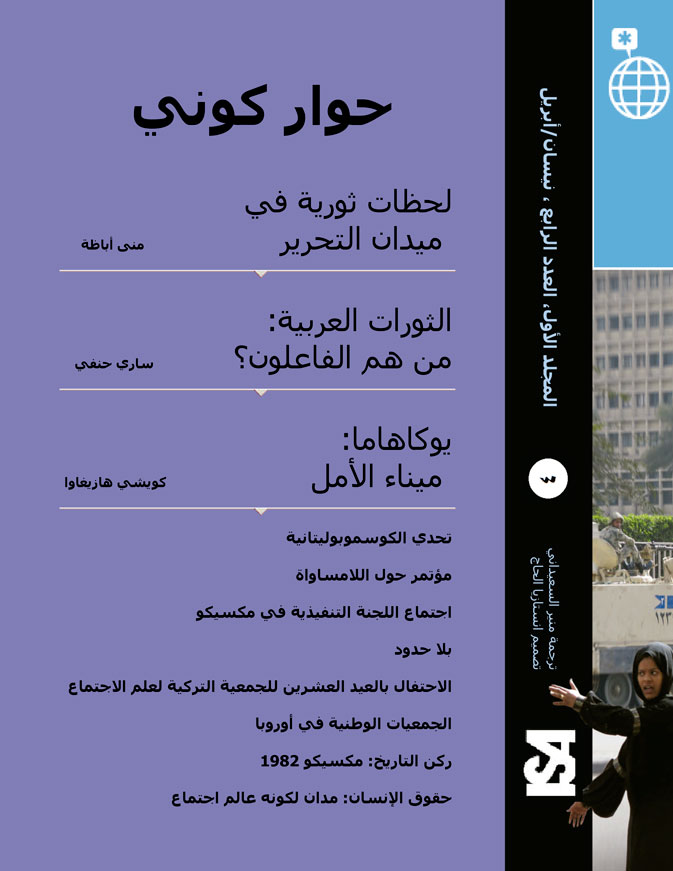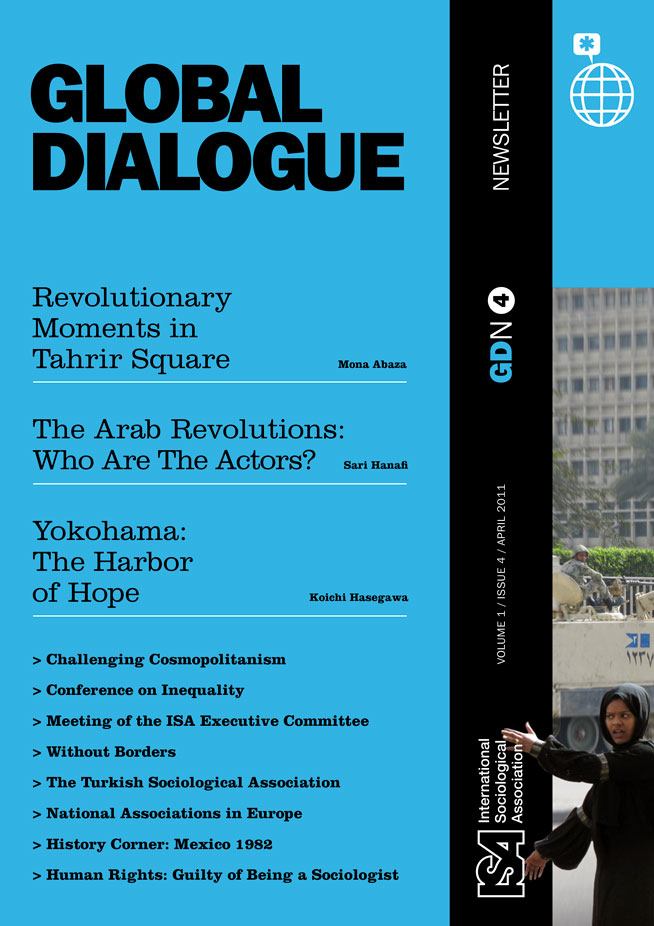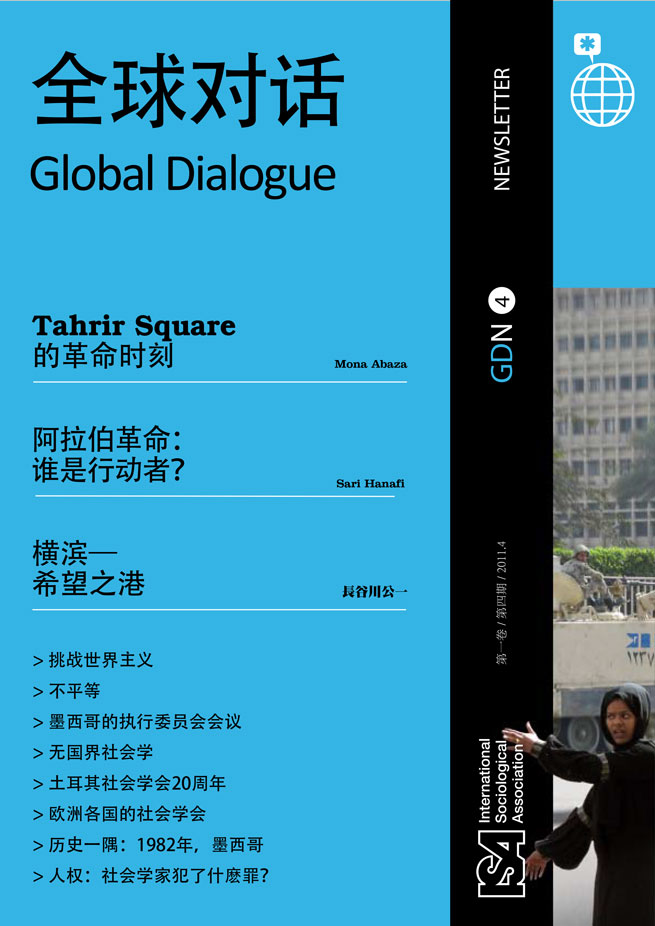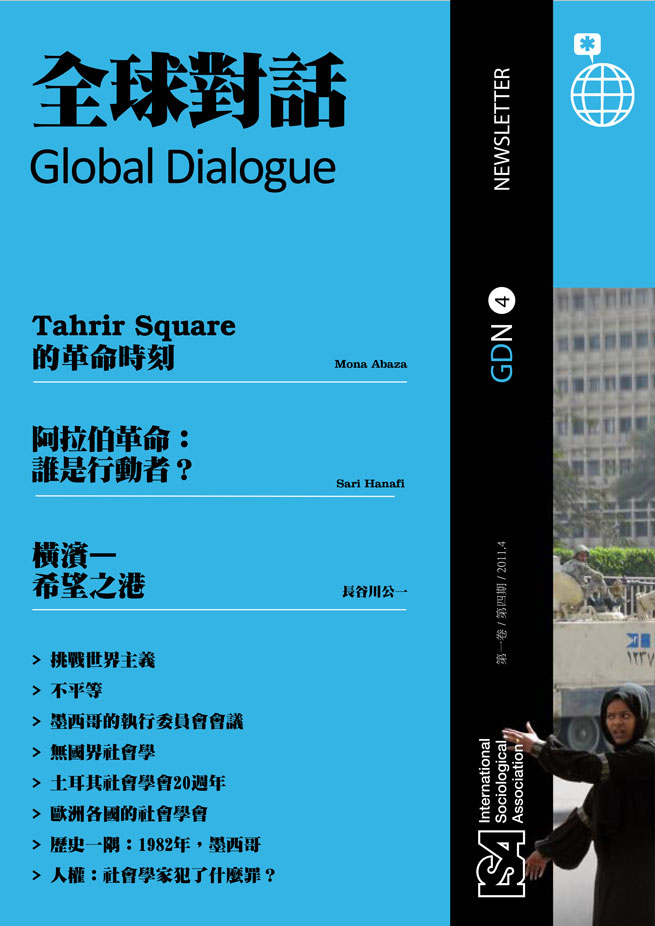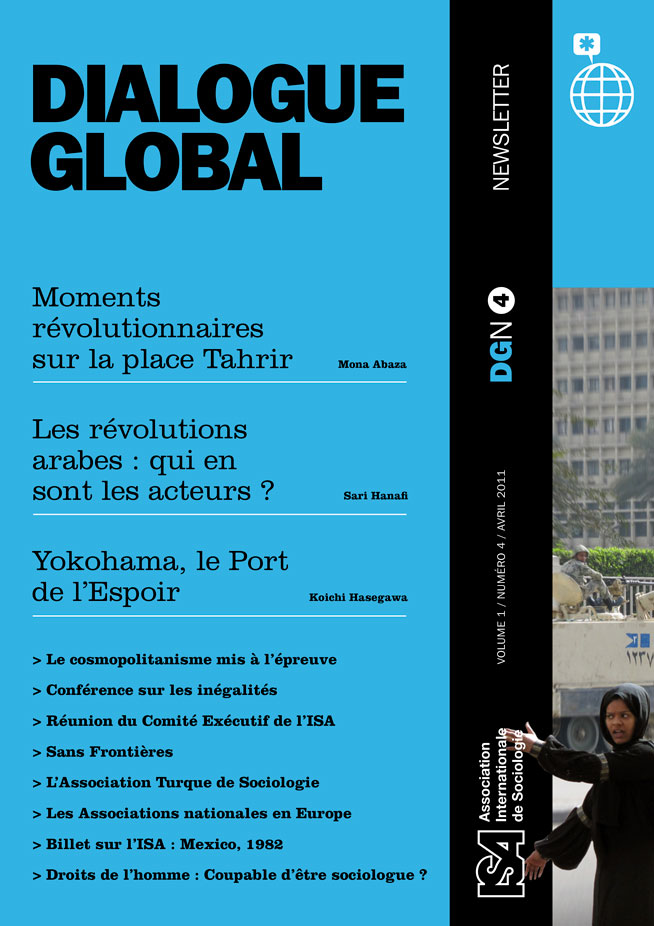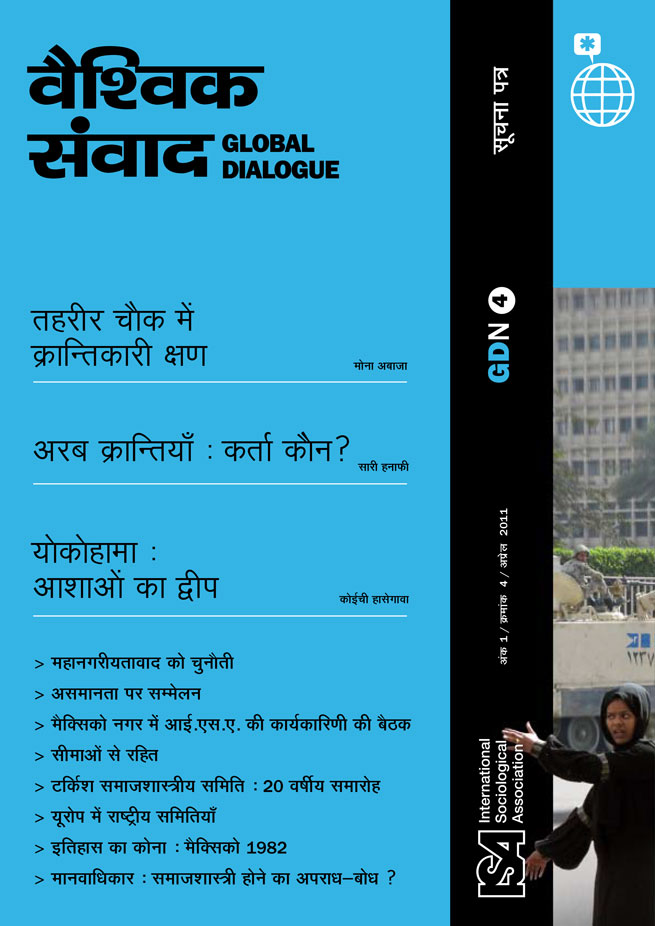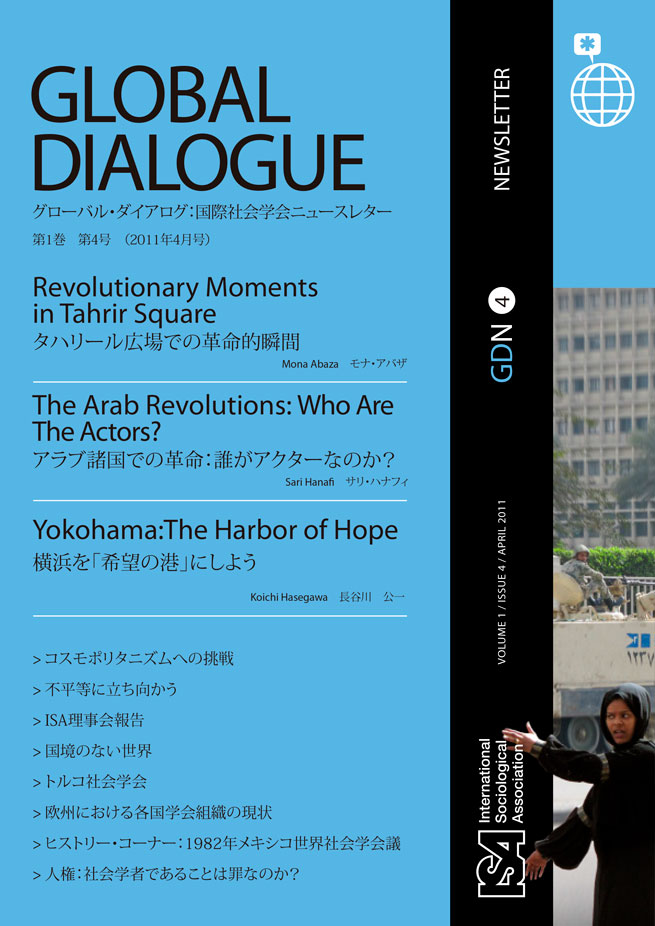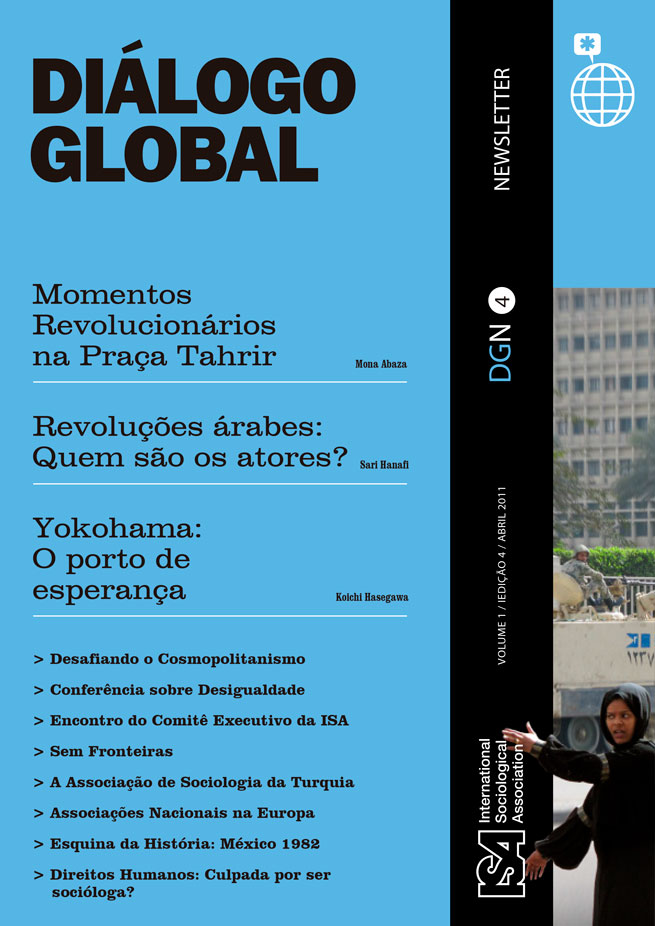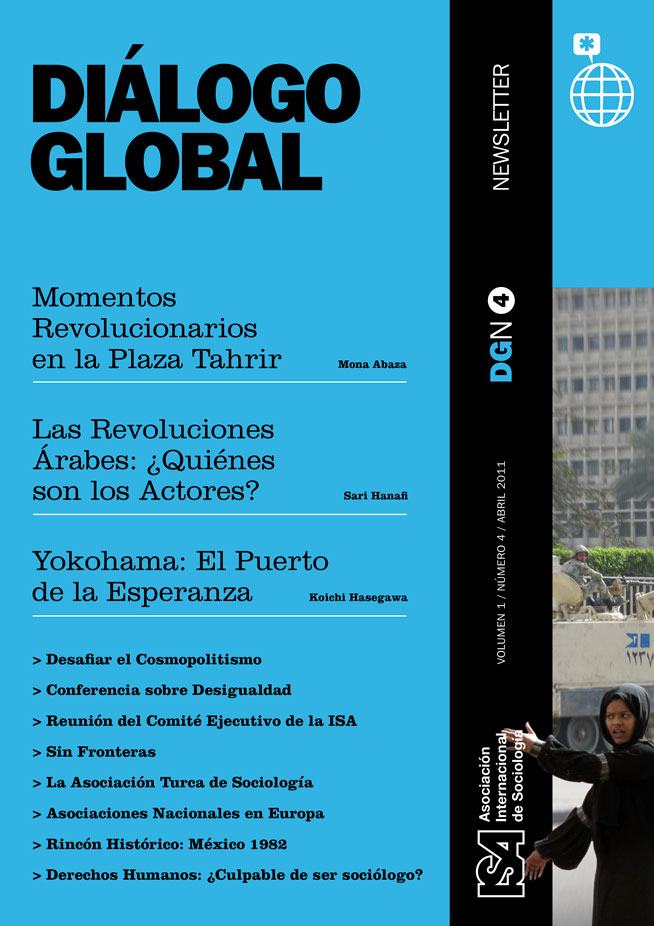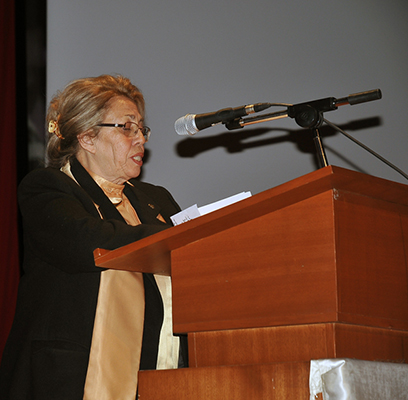Read more about Meeting and Associations
National Associations in Europe
by Roberto Cipriani
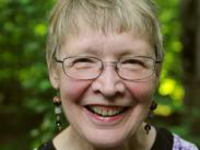
Without Borders
by Judith Blau and Alberto Moncada
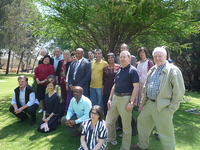
ISA Executive Committee 2011 Meeting in Mexico City
by Michael Burawoy
May 07, 2011
The Turkish Sociological Association was founded in 1990 in Ankara. When it was first founded, it had 40 members - today it has 600. In 1999 it was granted the status ‘Association for Public Interests’ by a Decree of the Council of the Ministers. It does not have any branches. Since its founding 20 years ago, this Association has won recognition and reputation at a national level for its scientific congresses and its research. We are an association whose services are actively sought.
The Association has conducted 22 research projects, nearly 20 conferences, 22 books and numerous collaborative meetings with non-governmental organizations. Moreover, since 1998, we have published a total of 130 scientific articles both in Turkish and in English in our peer-reviewed Journal of Sociological Research, including 10 translations and 8 research projects.
Besides promoting research, the Association seeks to spread the knowledge it produces and therefore values its relations to the wider community. The Association cooperates with voluntary organizations, foundations, associations and engages in the planning of community-related activities. Moreover, it cooperates with both national and international organizations to carry out research projects. In this vein, it has undertaken projects with the support of the Ministry of Family and Social Research, the Ministry of the Southeastern Anatolia Regional Development Administration (GAP), and the Ministry of Health at the national level. On the national and international level, it has pursued projects with the supportof the Scientifi c and Technological Research Council of Turkey (TÜBITAK), the United Nations Development Programme (UNDP), the European Union, UNICEF, NATO and the World Bank.
The Association’s most important activity is the organization of the National Congress. To date, six congresses have been held. Their most important aspect is the close collaboration with sociology departments in the peripheral Anatolian Universities organized through sociological research conducted on Turkey’s socio-economic problems. The congresses provide a platform for the exchange of thoughts, viewpoints and knowledge between senior professors and younger faculty, among colleagues from different parts of the country and with colleagues from sister disciplines.
The first congress was on “Current Sociological Developments,” and took place at Ege University in Izmir, in 1993, three years after the founding of the Association. The second was on “Migration” that took place in 1996 at Mersin University. The third, on “New Sociological Challenges in the World and Turkey,” emphasized the topics of alienation, conflict, and integration. It took place at the Anadolu University in Eskisehir in 2000, while the fourth congress on “The Changing World and Inequalities” was held in Cumhuriyet University in Sivas in 2003. The fifth congress was on the “Current Societal Problems in Turkey” and took place in 2006 in Malatya’s Inönü University. The last congress in 2009 was held at Adnan Menderes University on “Social Transformations and Sociological Approaches.”
At the beginning, because sociology was taught in philosophy departments, it uncritically adopted Western social theories and neglected research with the result that young people did not understand the discipline properly, and indeed were estranged from it. Today the situation has improved as it is more often taught as the study of social problems using scientific research methods. Indeed, contemporary sociology has the potential to be an umbrella discipline whose methods are used in all the social sciences, but unfortunately associated disciplines, such as economics, law, and psychology often neglect or isolate social dimensions when they study Turkey.
Today, the wider public uses the term sociology as if it were magical. Journalists, columnists, politicians, and everyone else who advances explanations for social phenomena are trying to be sociologists. What shouldn’t be forgotten is that one does not learn sociology merely by living in a society, in a family. It is not uncommon to encounter university professors who say: “I was born in a village, lived in a village, and therefore I can teach rural sociology!”
Our goal is to help youth, armed with a background in sociology, to work in the public arena and transfer their sociological thinking to society. Equipped with specialized understanding, sociology graduates assume the important role of writing research-based reports and making policy recommendations to public decision-makers.
During the era of the Five Year Development Plans, the employment of sociology graduates was considered important and they were commissioned at various Ministries. However, as a result of the changes made in the law of employment in 1980, sociology graduates lost many such opportunities of public sector employment. Since its inception, our Association has been struggling to reverse these changes. Even today, sociology graduates, qua university graduates, can serve in only six public institutions. After a long political process, last month, the Council of Ministers signed a new decree that would once more allow sociology graduates to be employed in a variety of agencies.
The twentieth year is only the beginning; there’s still a lot to be done. For this, we need fresh blood. Finally, I want to underscore that we still need to overcome many obstacles to the reception of sociology in the wider society and its institutions. I’d like to thank you again for joining us today. I wish our association a happy 20th anniversary.
(This is an Abridged Version of President Gökçe’s address to Turkish Sociologists in Ankara, December 28, 2010.)
Birsen Gökçe, President of the Turkish Sociological Association
This issue is not available yet in this language.
Request to be notified when the issue is available in your language.
If you prefer, you can access previous issues available in your language:
